-
GMAX Adhesive Company stands as a prominent force in the realm of adhesive manufacturing and importation, offering a diverse array encompassing industrial, general, and construction adhesives. This company stands as a testament to unwavering adherence to international quality benchmarks, positioning it on a competitive footing alongside analogous foreign counterparts. From its inception, Imen Sanat Tadbir Company has been steadfast in its commitment to quality, a principle that has guided the conception and production of adhesive solutions under the distinct brand, GMAX.








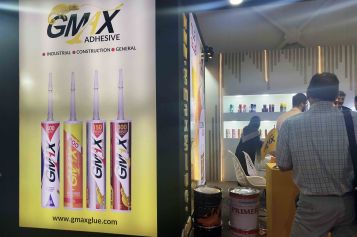

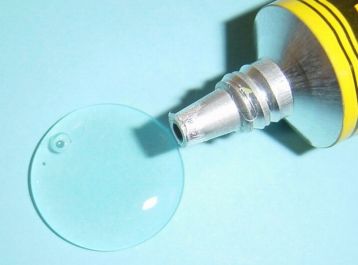
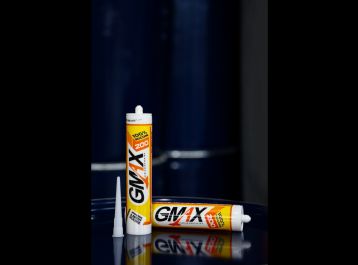
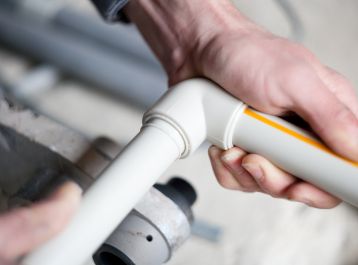
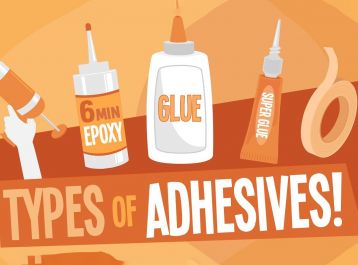
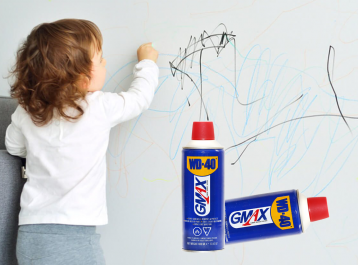
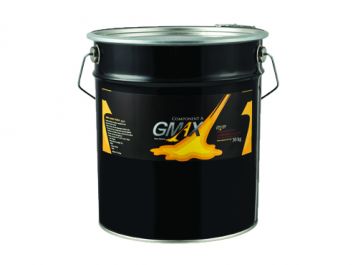
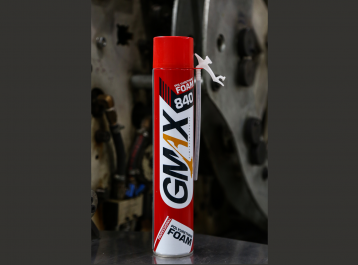
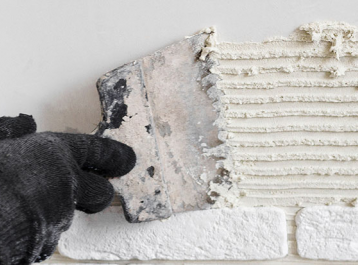
 ?
?